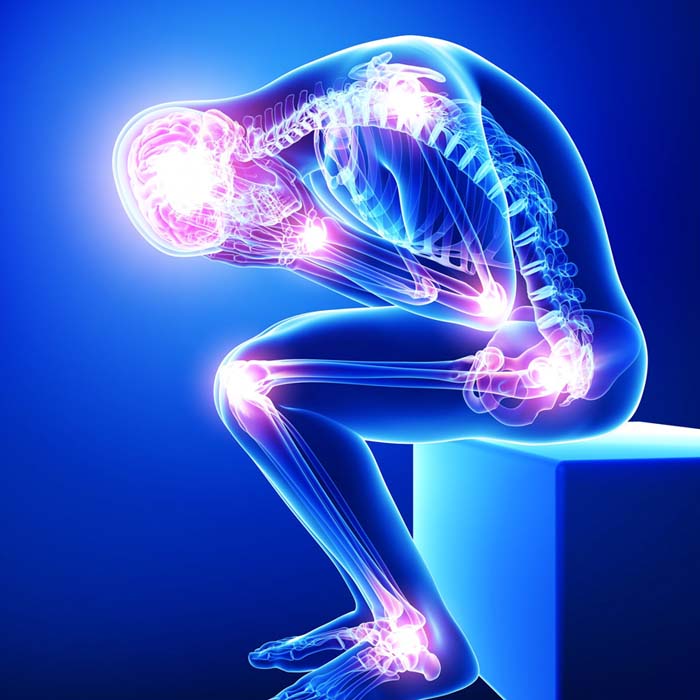As a Pain Management Physician, I have seen firsthand how chronic pain can have a significant impact on a person’s quality of life. Pain can affect a person’s physical, emotional, and social well-being, leading to a decreased quality of life. In this blog post, I would like to discuss the role of pain management in improving the quality of life for those who are living with chronic pain.
Pain management is the medical specialty that focuses on the diagnosis and treatment of pain. Pain can be acute or chronic, and the goal of pain management is to relieve pain, improve physical function, and enhance the overall quality of life for patients.
The first step in pain management is to diagnose the underlying cause of pain. This can be done through a physical examination, imaging studies, and other diagnostic tests. Once the cause of pain is identified, a pain management plan can be developed.
Pain management plans typically involve a combination of approaches, including medications, physical therapy, psychological counseling, and complementary and alternative therapies. The specific approach used will depend on the individual patient and their unique needs.
Medications are often used to manage pain. There are many different types of pain medications available, including nonsteroidal anti-inflammatory drugs (NSAIDs), opioids, and antidepressants. Pain medications can be very effective in reducing pain, but they can also have side effects and risks. Therefore, it is important for patients to work closely with their healthcare provider to ensure that they are taking their medications safely and effectively.
Physical therapy is another important component of pain management. Physical therapists can work with patients to develop a personalized exercise program that can help improve mobility, strength, and flexibility. They can also use techniques like massage, heat therapy, and cold therapy to help reduce pain and inflammation.
Psychological counseling can also be beneficial for patients living with chronic pain. Pain can be stressful and can lead to anxiety and depression. Counseling can help patients learn coping mechanisms to manage their pain and improve their emotional well-being.
Complementary and alternative therapies can also be used in pain management. These may include acupuncture, chiropractic care, and herbal supplements. While these therapies may not be supported by scientific evidence, some patients find them to be helpful in managing their pain.
In conclusion, pain management plays a critical role in improving the quality of life for those living with chronic pain. By diagnosing the underlying cause of pain and developing a personalized pain management plan, healthcare providers can help reduce pain, improve physical function, and enhance emotional well-being. If you are living with chronic pain, I encourage you to work with your healthcare provider to develop a pain management plan that is right for you.






